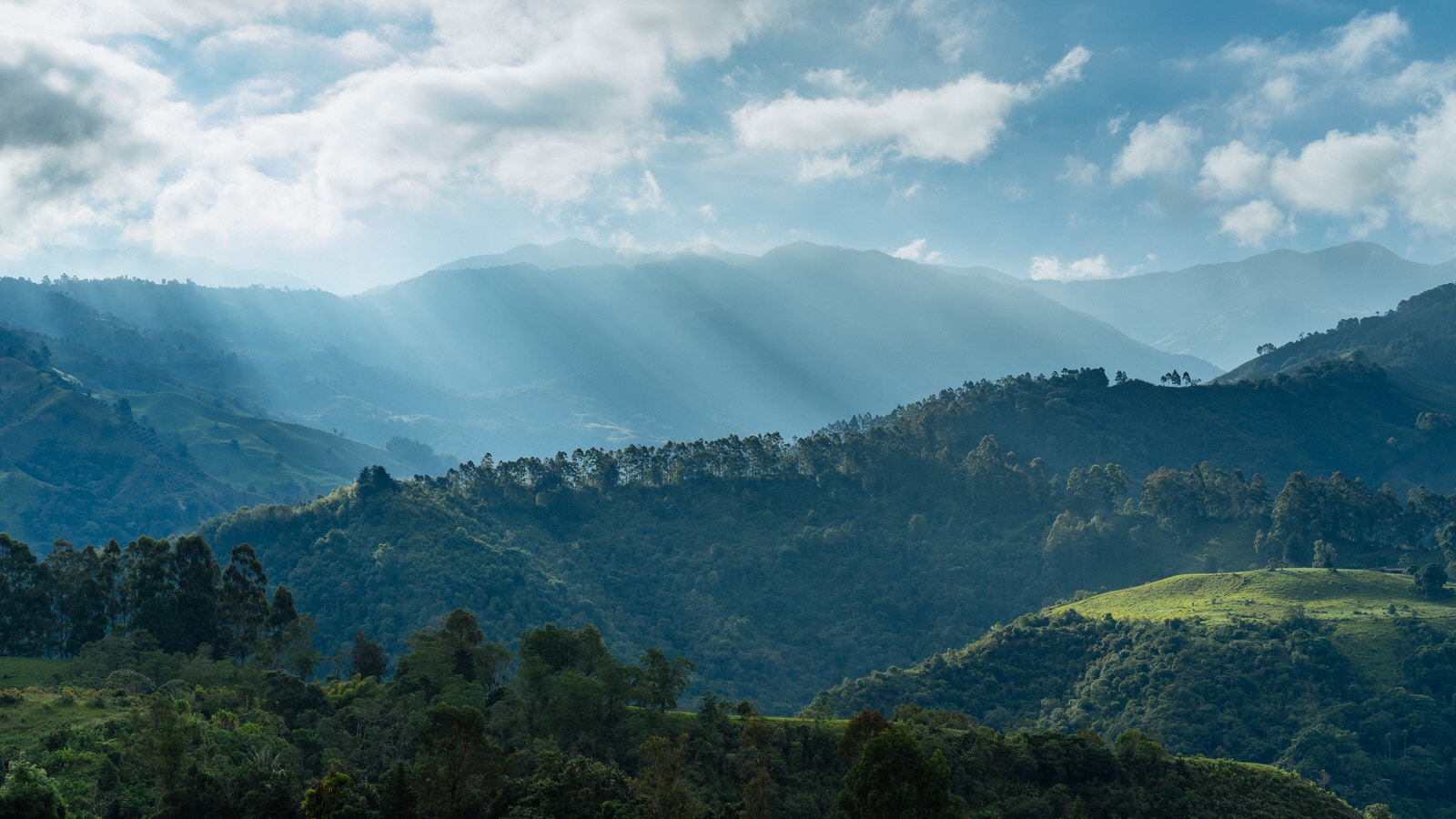Project description:
Two strategic objectives of the Aichi 2020 targets are to safeguard ecosystems,
species and genetic diversity and to increase the resulting benefits for the entire human race. The project supports these twin objectives through the improved governance of protected areas. To this end, it is building up knowledge and capacities for better management of the areas concerned, and developing the “IUCN Green List” as an international standard. The new methods help to protect key areas of biodiversity and for important ecosystem services, helping adapt to the consequences of climate change. The project compiles and disseminates a worldwide portfolio of case studies documenting successful management. Through the IKI Corona Response Package, solutions for a “One Health” approach are integrated into the work with each partner country. Project results are shared to help frame dialogue on the new Post 2020 Global Framework for Biodiversity.
State of implementation/results:
- In the official final report of COP 13, the IUCN Green List Standard is recommended as a voluntary standard for Parties to the CBD to adopt in order to measure progress against Aichi Target 11.
- The IUCN Green List Awards were celebrated on 24 November 2018 during COP 14 in Egypt, at which newly added protected areas to the IUCN Green List were announced.
- To date, a total of 15 new sites were admitted to the IUCN Green List, for a total of 60 sites in 15 countries today. All four project countries – Colombia, Kenya, Peru and Viet Nam – have new sites on the IUCN Green List, through direct support from the project (IUCN Green List of Protected and Conserved Areas: iucngreenlist.org).
- Major progress in the development of the PANORAMA partnership governance structure: IUCN and GIZ commit to act as managing partners with broad institutional engagement from UN Environment, GRID-Arendal, Rare, IFOAM – Organics International, and United Nations Development Programme (UNDP).
- The project published an IUCN Green List ‘User Manual’ to guide implementation of the global standard in partner countries with participating protected areas.
- Each of the four project countries has Expert Assessment groups for the Green List trained to evaluate protected and conserved areas against the IUCN Green List Standard on good governance and successful conservation.
- A new IUCN Green List website demonstrating all implementing countries and sites (including project countries and sites) has been launched in 2020.
- Policy advocacy activities led to the recognition of the Green List standard as an indicator to measure progress towards target 3 of the post-2020 biodiversity strategic framework.
- In the course of the IKI Corona Response Package, a guidance to help protected area managers prevent, monitor and recover from zoonotic events has been developed and is under consultation.
- Through agreement with the PANORAMA Partnership the PANORAMA Species Conservation thematic community was established. The Species Conservation thematic community has been coordinated by the Global Species Programme (IUCN) and EcoHealth Alliance to curate wildlife and health solutions, particularly in connection with zoonotic disease prevention, surveillance, detection, and intervention.
- A global Wildlife Health Solutions Task Force of experts has been implemented, including experts from the IUCN Commissions as well as national and regional experts from partner countries.
- In Viet Nam, an NBSAP for 2020 to 2030, vision to 2050, was officially approved, acknowledging IUCN Green List and OECMs.
- South Vietnam Wildlife, a subcontracted NGO, supported the assessments to mitigate
- COVID-19 impacts, case studies and promote One Health Principles in the three sites. — In Peru and Colombia, surveys have been carried out to assess COVID-19 impacts in five protected areas and official information of Effectiveness Evaluations for PAs conducted previously by the environmental authority has been systematized, using indicators related with COVID impacts.
